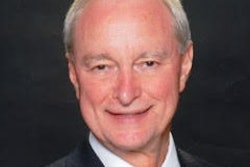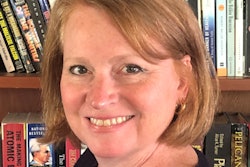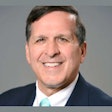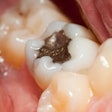
There is a surprisingly wide range of differences in both the approach and attitude that dentists have toward their hygiene department. What we've consistently found, however, is that practices that maximize their hygienists have much higher case acceptance and will produce significantly more.
The reasons for this are quite simple. First, the hygienist is the person with whom the patient spends the most time. And second, and perhaps even more important, is that, when a hygienist recommends a certain treatment, the patient doesn't think it's about the dentist making more money.
 Shannon Richkowski.
Shannon Richkowski.How often do we hear patients respond to a treatment plan from the dentist by saying things like, "Need a new boat, Doc?" or "Planning a European vacation?" Patients don't say those things to the hygienist. She often has more credibility because patients don't see her motivation as money, but rather concern for the patient. And, instead of resenting this, dentists should be eager to capitalize on the unique role hygienists can play in case acceptance.
What's more, the hygiene department itself has much greater potential to produce income for the practice. Shannon, who runs Hygiene Mastery, would say the real opportunities occur when the practice goes beyond the prophy and uses the latest technology to expand the service offerings to include cancer screenings, 3D imaging, laser treatments and more.
The fact is, there should be two hygienists for every dentist in the practice. And for every dollar produced in hygiene, there should be two to three dollars produced by the rest of the practice. And this isn't just some random guideline. This has been proven a thousand times over by Fortune Management when it coaches practices.
The key to maximizing the hygiene department is to understand that the hygienist needs more expanded skills and training than are taught in hygiene school. They need better communication skills and more clinical skills. Once they have those, they transform the practice.
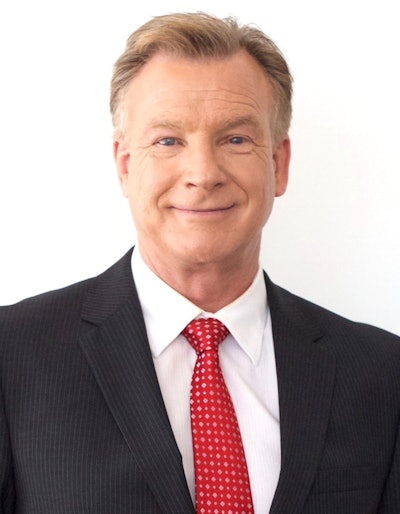 Fred Joyal.
Fred Joyal.The simple truth is that hygiene impacts every department. Hygienists also benefit when they realize that their department is essentially a business within a business, and they need skills in that area as well, which are not taught in hygiene school either. They need to understand how to monitor their results, and, most of all, they need to get good at selling.
That's right, we said selling. Because selling is just communication with a purpose, and when that purpose is the patient's health, it's a professional responsibility to skillfully guide a patient into the treatment that is going to optimize their oral health and, subsequently, their overall health. Anything short of that borders on neglect.
When hygienists are comfortable recommending treatment and performing expanded procedures, they become a cornerstone of the practice's success. And we mean success in the most profound way, which is not just revenue but healthy patients who trust the practice and the team members to give them the care they need. Patients want to be healthy, but very often they don't understand what that means when it comes to their mouth. That's our job. And that's what they expect from us.
So focus on hygiene, and expand the team's training. You'll reap the benefits in team satisfaction, case acceptance, and happy, referring patients.
Under the direction of Shannon Richkowski, Hygiene Mastery has gained national attention for delivering the kinds of detailed, progressive strategies that enable dental practices to maximize their potential. Her astute observations are born of 20 years of industry knowledge as a hygiene educator, dental coach, and registered, laser-certified dental hygienist.
Fred Joyal is a renowned speaker, author, and consultant on dental marketing. He is the co-founder of 1-800-DENTIST and author of two best-selling books, Everything is Marketing and Becoming Remarkable.
The comments and observations expressed herein do not necessarily reflect the opinions of DrBicuspid.com, nor should they be construed as an endorsement or admonishment of any particular idea, vendor, or organization.





